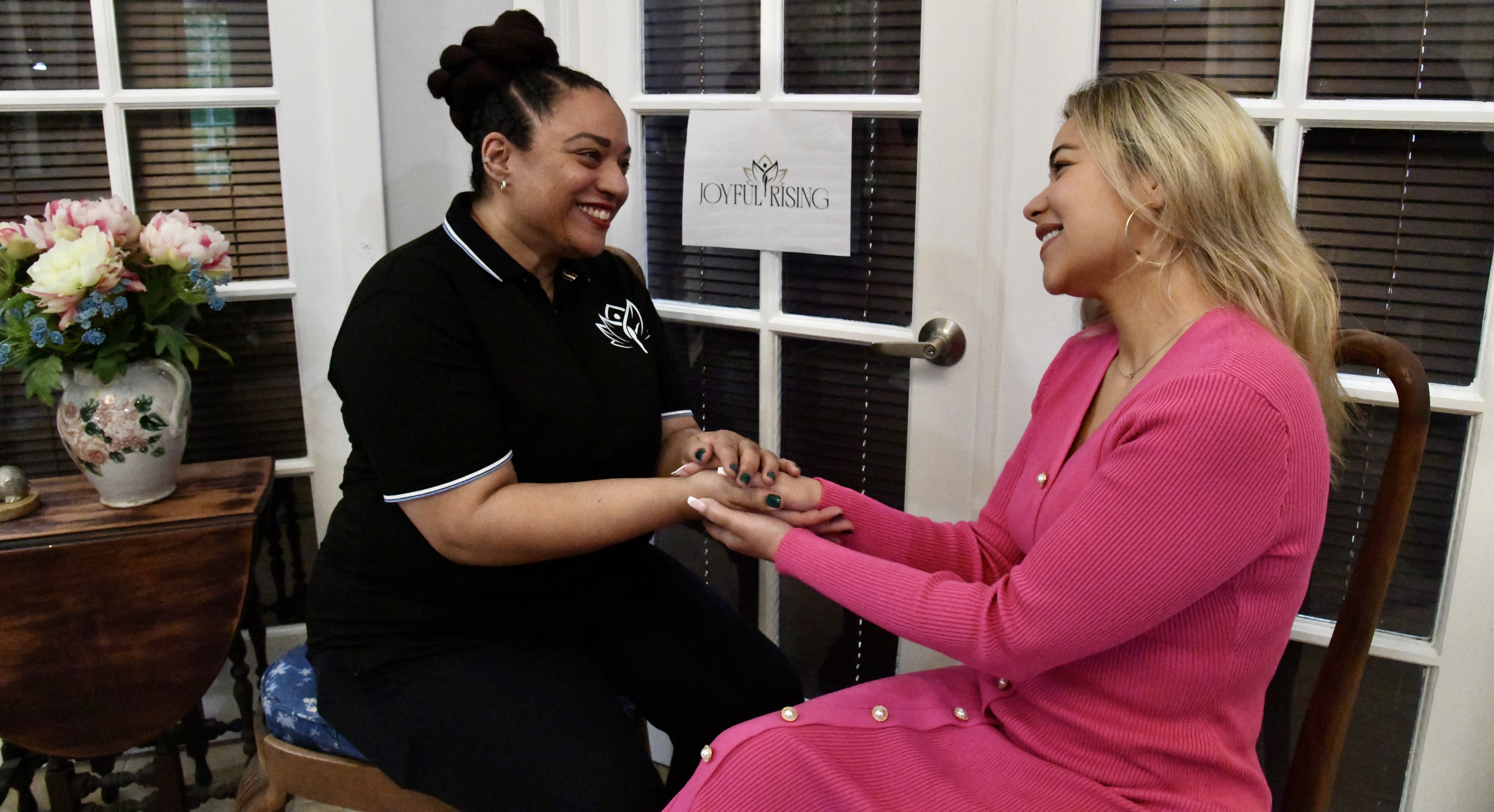Primum non nocere. First, do no harm.
This is the primary principle of the Hippocratic Oath, and since massage therapists are paramedical professionals, it applies to us as well as to doctors and nurses.

Image credit: Photo 78179059 © Pressmaster | Dreamstime.com
Have you ever wondered why massage therapists ask if you have any medical conditions (especially in a spa)? We’re not being nosy or intruding on your privacy. We have solid justification for asking. Being dishonest when answering the question could put your health in jeopardy.
Certain medical conditions or medications can affect the safety of massage therapy. For example, conditions like high blood pressure, diabetes, or recent surgeries may require modifications to the massage technique or even contraindicate certain types of massage altogether.
Understanding a client’s medical history allows massage therapists to tailor the session to specific needs and concerns. This customization ensures a more effective and beneficial massage experience.
Identifying any contraindications that may prevent or limit massage therapy keeps you safe from physical harm, and keeps the therapist safe from liability.
How Dangerous Could a Massage Actually Be?
For example, if a client has DVT (deep vein thrombosis) and doesn’t let a massage therapist know, the results will most likely be catastrophic. Massage boosts blood circulation and if that deep vein clot is dislodged into the bloodstream, it could cause pulmonary embolism. The result is almost always fatal.

Image Credit: MB Consulting
By knowing about existing health issues, massage therapists can avoid causing harm or exacerbating underlying conditions.
By discussing medical history with clients, massage therapists empower them to make informed decisions about their treatment and any potential risks involved.
The Massage and Bodywork Licensing Exam prepares massage therapy students to know the following contraindications:
- Infection
- Contagious conditions
- Inflammation from injury or infection
- Acute medical conditions like injuries or surgeries
- Certain medications
- Being under the influence of alcohol or drugs, especially if impairment is obvious
- Certain current medical conditions
- Skin conditions that massage would worsen like blisters or burns
- High risk conditions like osteoporosis or blood clots
- Cancer may be a contraindication. Clearance from the client’s treating oncologist is required
Ethical massage therapists prioritize client safety and well-being. Asking about medical conditions is part of providing high-quality care and maintaining professional standards.
I can’t speak for every massage therapist’s behavior before, during, or after a session. Asking about clients’ medical conditions is evidence that a therapist is a top-tier professional. Knowing a client’s medical history allows a therapist to provide a safe and effective massage experience. We are still bound by HIPAA and can’t disclose clients’ medical histories without written and informed client consent.
The first body system I’ll focus on in this series is the cardiovascular system. Do you know which cardiovascular conditions indicate massage and which contraindicate massage? Click here to find out.
Be well,
April
Book Today: www.joyfulrisingspa.com
Contact: april@joyfulrisingspa.com
Call/Text: 754.777.9437

Very informative. I always wondered why massage therapists asked. It seemed like they were being nosy and I had no idea they needed to know anything about my medical history. Thanks for sharing this information!
Thank you for sharing, Mackenzie. My concern was that exactly. Clients shouldn’t fear any disclosure of protected information, because an LMT is regulated (in Florida at least) by the State Board of Health. I’m glad it occurred to me to provide this education series. It’s important for the public to know what they’re dealing with.
Be well and see you soon,
April